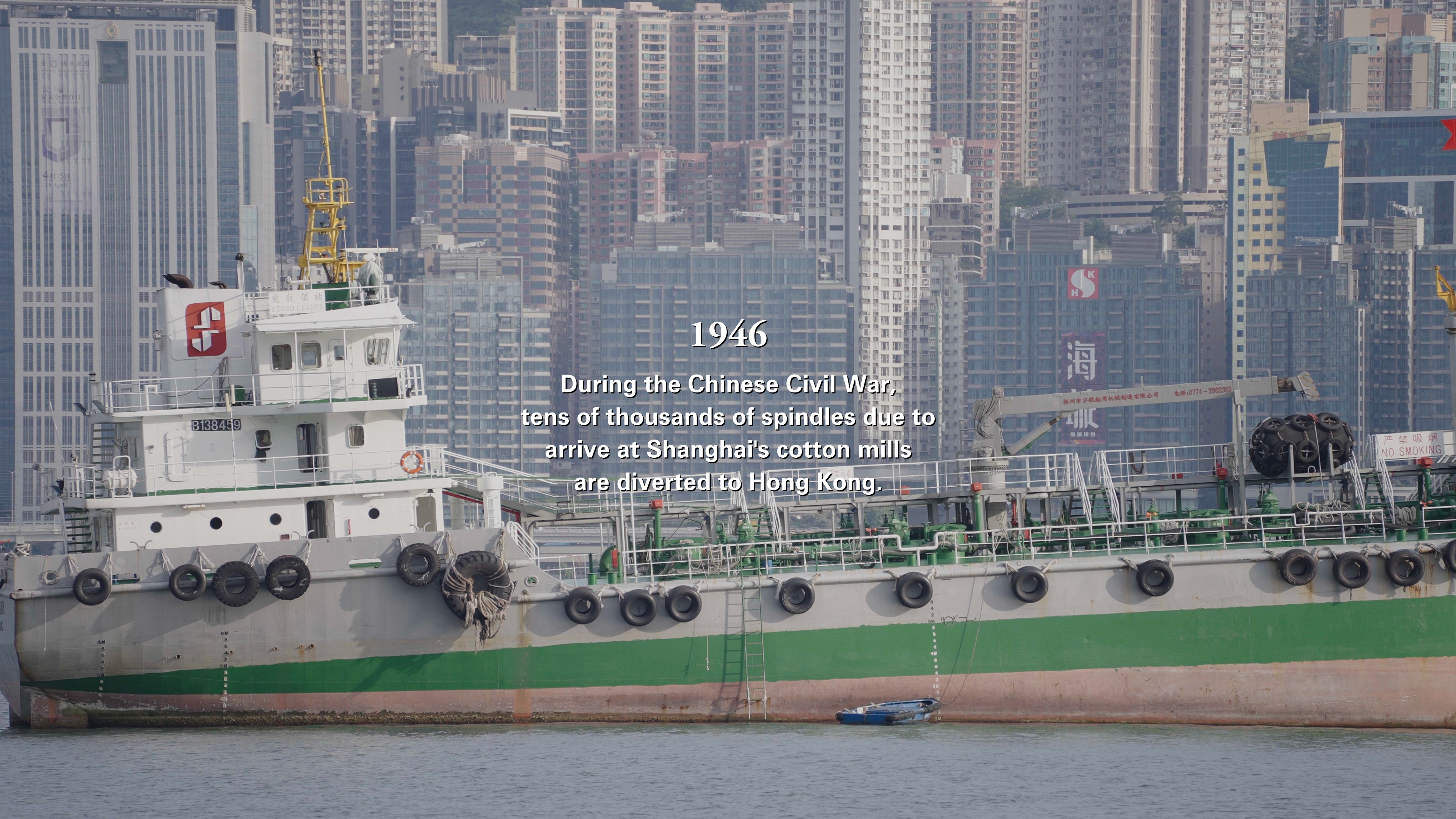The Artist-in-Residency program is organized by DKUNST Art on Campus curated by prof. Zairong Xiang, co-sponsored by the Division of Arts and Humanities and the Humanities Research Center.
On Tuesday April 11th, internationally renowned artist Ho Rui An will give a public lecture on his artistic practice; together with his collaborator Zian Chen they will also introduce their current research project titled “Drawing the Lines: Politics and Technology in China’s Industrial History.” Students will have opportunity to join their team as research assistants. Curious about how artists do research and what is a “research-based artistic practice”? Interested in the history of textile industry in our own Yangtze River Delta region? Join us on Monday!
Time: 3:45 to 5:50 Tuesday, April 11th 2023
Location: AB 3107
Biographies
Ho Rui An is an artist and writer working in the intersections of contemporary art, cinema, performance and theory. Across the mediums of lecture, essay and film, his research examines systems of governance in a global age. He has presented projects at the Bangkok Art Biennale; Asian Art Biennial; Gwangju Biennale; Jakarta Biennale; Sharjah Biennial; Kochi-Muziris Biennale; Haus der Kulturen der Welt, Berlin; Kunsthalle Wien; Singapore Art Museum; Van Abbemuseum, Eindhoven; and Yamaguchi Center for Arts and Media, Japan. In 2019, he was awarded the International Film Critics’ (FIPRESCI) Prize at the International Short Film Festival Oberhausen, Germany. In 2018, he was a fellow of the DAAD Artists-in-Berlin Program.
Zian Chen collaborates with artists and writers to develop alternative frameworks for thinking and speculation. He is one of the founding members of Pailang Museum of Settler Selves (2022–), an editor-in-residence for Compost in ICA NYU Shanghai (2021–2022), as well as one of the editors for Made in Public (2022) and Arrow Factory: The Last Five Years (2020). He has also curated Production Fever 2008: Study Materials in Nida Art Colony, Nida (2022). In 2020–21, he was one of the founding editors for Heichi Magazine, an online journal for contemporary art published weekly in Chinese and English.
-
PROGRAM
PART I: Ho Rui An’s Artist Talk (3:45 – 4:45 pm)
Title: Ways of (Not) Seeing “the Economy”
In recent years, the projects of Ho Rui An have sought to understand what it means to observe the thing we call “the economy”. Through works that have examined such seemingly abstract and expansive phenomena as financial capitalism and the so-called socialist market economy in Reform-era China, his artistic practice seeks to produce knowledge and make arguments that returns them to the body. This presentation explores the ways that economic abstractions come to be embodied and proposes embodied modes of observation that question what it is exactly we talk about when we talk about “the economy”.
PART II: Presentation of the Research-based Art Project at DKU (5:00 – 5:50 pm)
Title: Drawing the Lines: Politics and Technology in China’s Industrial History
Since 2018, Ho Rui An and Zian Chen have collaborated across various projects researching the material networks and geopolitical imaginaries that have animated the regions of East and Southeast Asia. Expanding the narrative developed in Ho’s recent film, Lining (2021), which examines the rise and decline of the textile industry in Hong Kong, their residency at Duke Kunshan focuses on the development of the industry within the Yangtze River Delta before its displacement to Hong Kong in the late 1940s as well as the subsequent “return” of industrial capitalism to the mainland following the launch of China’s economic reforms.
In this presentation, they will share their preliminary observations gathered from their ongoing archival and field research. In considering the shifting historical relations between labor, technology, and capital in China, they identified a recurrent theme especially present in the textile industry: the politicization and depoliticization of technology. From the import of Western machinery as a means of national salvation in the early twentieth century to Maoist-era experiments in collapsing the distinction between manual and technical labor to the restructuring of state-owned enterprises under the pressures of technological displacement during the Reform era, the lines of politics and technology continually meet and part along a historical trajectory that has culminated in China’s deeply unsettled postsocialist condition.
The speakers will also share details for an open call for participants to join their research between August and September this year.
